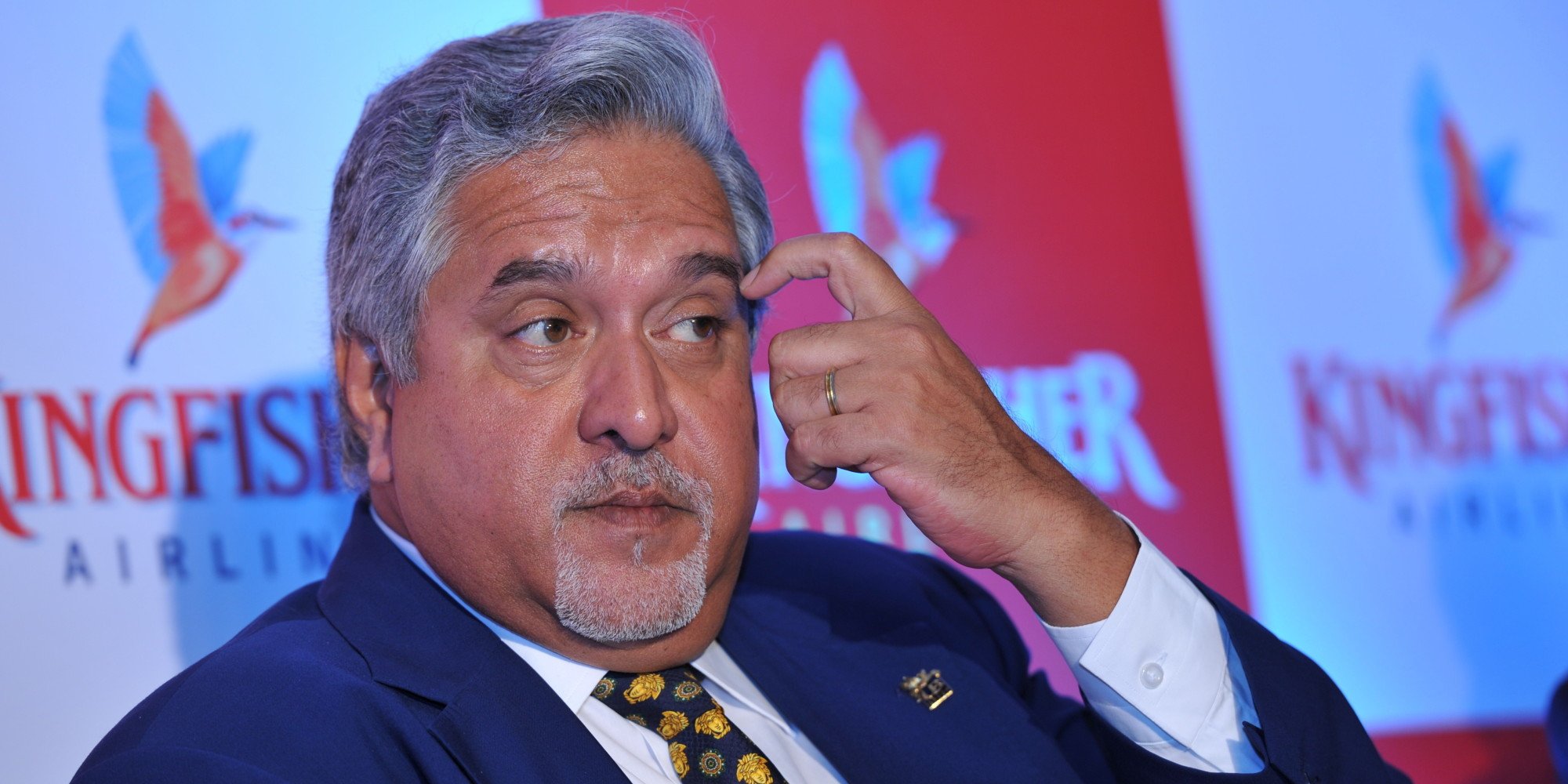Industrialist Vijay Mallya, who has been declared a proclaimed offender, was finally arrested on Tuesday in the UK by Scotland Yard on India’s request for his extradition.
Vijay Mallya has been arrested in London, and will be produced in Court today pic.twitter.com/1e9AK8Xbnl
— ANI (@ANI_news) April 18, 2017
Mallya, 61, will be appearing in Westminster Magistrates’ Court in London later today. A press statement by London Metropolitan Police said:
Scotland Yard’s statement on arrest of Vijay Mallya in London pic.twitter.com/JdDBn5RJyt
— ANI (@ANI_news) April 18, 2017
India had given a formal extradition request for Mallya as per the Extradition Treaty between India and the UK through a note verbale on February 8. While handing over the request, India had asserted that it has a “legitimate” case against Mallya and maintained that if an extradition request is honoured, it would show British “sensitivity towards our concerns”.
Last month, setting in motion the process of extradition of Mallya, the British government had certified India’s request and sent it to a district judge for further action.

The extradition process
The extradition process from the UK involves a number of steps including a decision by the judge whether to issue a warrant of arrest.
In case of a warrant, the person is arrested and brought before the court for preliminary hearing followed by an extradition hearing before a final decision is taken by the secretary of state. The wanted person has a right to appeal to the higher courts against any decision all the way up to the supreme court.
Earlier in January this year, a CBI court had issued a non-bailable warrant against Mallya in the Rs 720-crore IDBI Bank loan default case. Mallya, whose now-defunct Kingfisher Airlines owes more than Rs 9,000 crore to various banks, had fled India on March 2, 2016.
(Feature Image Source: PTI)

















